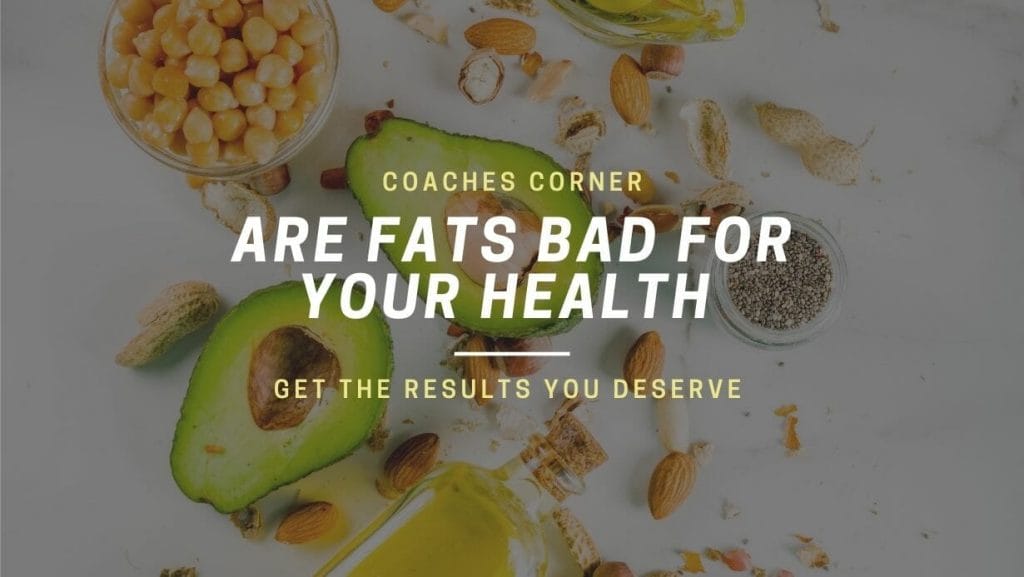Some say saturated fat — found in coconut, chocolate, butter, and fattier cuts of meat — is terrible for your health, gumming up your arteries and leading to heart attacks.
Others say caution is outdated — and even advise you to eat more of it.
But what does the research say!?
In a nutshell:
- When consumed in excess, saturated fats increase cholesterol and the risk of cardiovascular events.
But… - Saturated fats don’t increase your risk of dying.
The truth is, saturated fat is neither all bad nor completely harmless.
Rather, it’s a matter of consuming saturated fats in the appropriate doses, in the right context.
In fact, if you’re eating a balanced whole-foods diet, and you’re not eating excess calories, you probably don’t need to worry about your saturated fat intake.
A good general guideline:
Keep saturated fats to about 10% or less of total daily calories to reduce the risk of negative health effects.
It’s worth noting: Trans fatty acids are the bigger concern. They’re directly linked to an increased risk of cardiovascular disease, cancer, diabetes, obesity, and allergy.
It’s all about balance!
If you’re getting the basics of some healthy fats at most meals, consider the balance between saturated, monounsaturated and polyunsaturated fats.
The good news: These kinds of trans fatty acids are primarily found in packaged foods and have to be listed on nutrition labels. (Ideally, you want to choose products that contain 0 grams.)
The healthiest mix is about a 1-1-1 balance. That mix will keep inflammation balanced, and all brain and body cells talking to each other nicely.
That level of detail could seem intimidating at first. It can be pretty easy once you have a basic familiarity with convenient foods within those different fat categories.
Here are some examples…
For saturated fats think; butter, coconut, high fat dairy, cacao, animal fats and egg yolks.
For monounsaturated fats, think olives, canola, peanut, and sunflower oils, as well as avocados and most nuts.
Poly-unsaturated fats tend to be harder for most people to get into their diet, for these think, walnuts, sesame, pumpkin and flax seeds. Omega-3 fatty acids are a type of polyunsaturated fat in salmon, mackerel, tuna, and trout.
Why healthy fats?
Healthy fats:
- help you recover faster
- nourish fatty tissues like your brain, eyes, and cell membranes
- help you absorb fat-soluble vitamins, like Vitamin A, D, and K
- keep your muscle-building and sexytime hormones revving
These are the kinds of fats that keep your hormones healthy, your brain happy and smart, your fatty tissues (such as your eyes and skin) well-lubed, and your body chemistry working smoothly.
When you eat healthy fats, you feel good, perform well, and recover easily.
Plus stuff tastes really good. (Avocado, nut butter, and coconut! And a little bit of dark chocolate… yeah!)
Believe it or not, healthy fats can actually help you lose fat. (Sounds insane! It’s true!).
If you get enough of these important fats, your hormones stay healthy, you keep kicking ass in the gym (and the bedroom), and you stay smart and happy.
(Plus your skin looks diviiiiine.)
And let’s be honest: Fat makes food taste real good.
Action STEP
What’s reasonable for you within the context of your lifestyle?
Start with small improvements in the ways that matter most to you. Focus on the small changes that you can implement consistently.
As all new skills are, this is a game and an experiment. Try stuff and see what works for you. Play with it and—if the time is right—challenge yourself.

